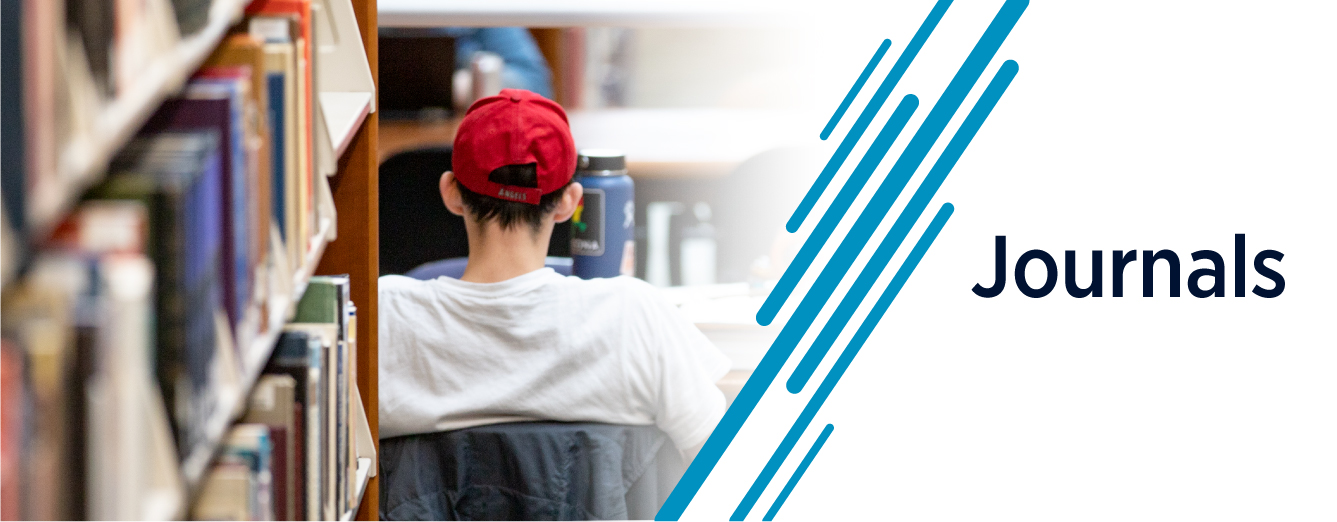Document Type
Article
Journal/Book Title/Conference
Decimonónica
Volume
12
Issue
1
Publisher
Decimonónica
Publication Date
2015
First Page
66
Last Page
80
Abstract
In the nineteenth century, many of the intellectuals from Spanish America who traveled to the United Status included a visit to Niagara Falls, a ‘sublime’ experience (as per Burke and Lyotard) that also produced a need in them to write about it. I maintain that these texts demonstrate that the impact of the scene was such that it fundamentally took away the writer-traveler’s capacity to express himself in language, a capacity they all struggled to recover. Based on the narratives of ten travelers who visited Niagara in the seventy years between 1824 (José María Heredia) and 1894 (Paul Groussac), this essay examines the experiences of these travelers, which were felt as confrontations: with being in the United States, with the powerful natural phenomenon, with the sublime, but above all with their (lack of) verbal expressive faculty, an especially significant struggle for these individuals, who were all (Latin-American) writers. In their totality, these texts formulate the re-construction of the subject through language, as per the proposals of Jacques Lacan and other contemporary thinkers.
Recommended Citation
Vallejo, Catherine, "Spanish-American Travelers at Niagara Falls, 1824-1894: A ‘Real’ Confrontation with Nature and Language" (2015). Decimonónica. Paper 17.
https://digitalcommons.usu.edu/decimononica/17


